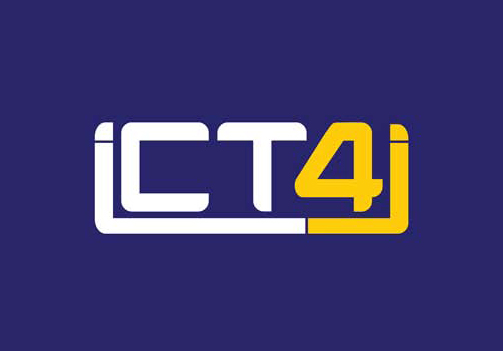This review presents the developments in international and European policy related to information and communication technology (ICT) and education, with a special focus on ICT to support inclusive education. It is one of the outputs of the Agency's ICT for Inclusion (ICT4I) project (2012–2013).
The review is based upon a conceptual framework regarding the use of ICT to support people with disabilities that is underpinned by the statements and recommendations on access to ICT contained in the United Nations Convention on the Rights of Persons with Disabilities (UNCRPD). Building on these statements, the Agency, in co-operation with the UNESCO Institute for Information Technologies in Education (IITE), reviewed international practice in the use of ICTs in education for people with disabilities and identified five key principles within the UNCRPD to support this practice.
The developments within international and European policy from 2001 onwards have been considered, following five principles identified in the publication ICTs in Education for People with Disabilities (2011):
- ICT should be considered a key tool for promoting equity in educational opportunities.
- Access to appropriate ICTs should be considered an entitlement.
- Training of educational staff in the use of general and specialist ICT must be a priority area.
- The promotion of ICT research and development requires a multi-stakeholder approach.
- Data collection and monitoring in the use of ICT in inclusion should be considered an area requiring attention at all levels of educational provision.
Each of these themes provides the basis for separate chapters of this review.

